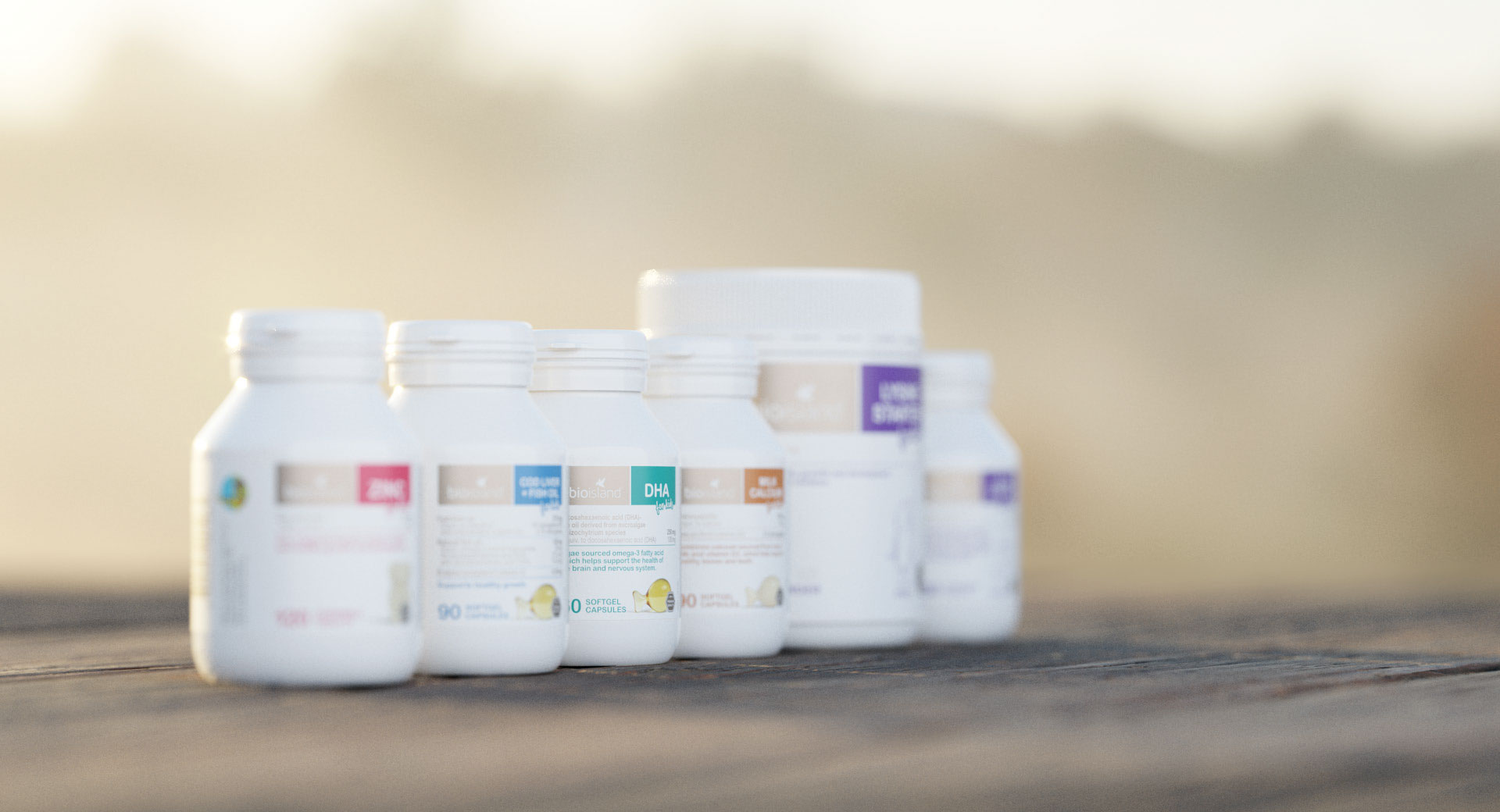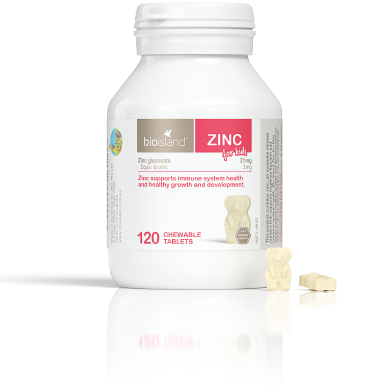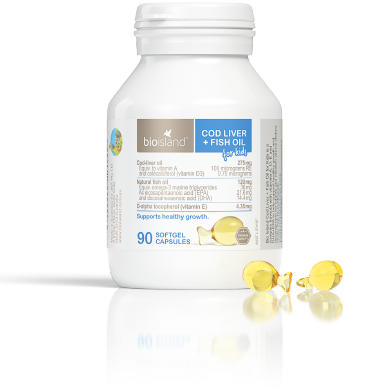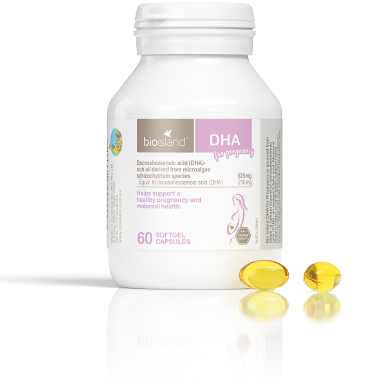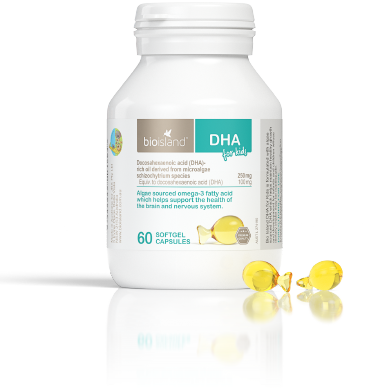
Understanding the differences between vegetarian, vegan and pescatarian and what nutritional impacts this may have for you.
It is also important to remember when switching to a diet that removes animal products, we are also removing a number of nutrients that may be harder to get from plant sources.
By Bio Island Nutrition Team
Vegetarianism is the practice of restricting a diet from animal products and consuming only plant products. However, they will consume animal by products such a cheese, honey, milk etc. majority of the diet will contain;
- Vegetables
- Fruits
- Whole grains
- Legumes
- Seeds
- Nuts
- Eggs and dairy products
There are many different types of vegetarians with different levels of restrictions on their diet. For example, a lacto – ovo vegetarian consumes milk dairy, eggs, grains, fruits, vegetables, beans, nuts and seeds but consumes not meat fish and poultry.
Whereas a pescatarian, technically not a vegetarian but they do not consume any red or white meat. These individuals do restrict their meat consumption however do consume fish and seafood only.
Meanwhile a vegan does not consume any animal products or by products.
Many people switch to vegetarian diets due to its health potential as it reduces it has been linked to potentially assisting with our risk of obesity, high blood pressure, diabetes, heart disease, and has also shown to lower the rate of illnesses from a number of degenerative diseases.
It is also important to remember when switching to a vegetarian diet that when we remove animal products, we are also removing a number of nutrients that be harder to get from plant sources. These includes iron, B12 and zinc.
Iron – iron is one of our most important minerals. All human cells contain iron, it is mostly found in red blood cells. An iron deficiency can present as tiredness and weakness, and a low immune system. This is because iron helps make red blood cells and to carry oxygen around the body. Vegans and vegetarians can get iron via foods like legumes, tofu, nuts, seeds, dried fruits and dark green leafy vegetables. However, since these a plant food otherwise categorised as non-haem iron they are not absorbed as easily as animal foods (haem iron). So, we want to be boosting the absorption of iron from plants food by including vitamin c rich food with meals.
B12 -Vitamin B12 is acquired through dietary sources with the majority of it being sourced from animal products. Due to this vegans and vegetarians are susceptible to a deficiency of B12. B12 is required for DNA synthesis and maintains nerves. It also helps prevent a type of anaemia called megaloblastic anaemia which can lead to fatigue and body weakness. For vegans and vegetarians b12 requirements must be meet through fortified foods or supplementation.
Zinc – Zinc plays an essential role in maintaining a healthy immune system, mental alertness, wound healing and proper growth in children. It is an important nutrient for vegetarians to look out for, as high phytate foods such as grains, nuts and legumes can raise the risk of iron and zinc deficiency. Which is why the recommended daily intake for zinc is much high for vegetarians and vegan. The inhibitory effects of phytate on absorption of zinc can be minimised by modern food processing methods such as soaking, heating, sprouting and fermenting. So we can increase our zinc levels by using these techniques when consuming grains, legumes, nuts and seeds.
This information does not take into account your personal situation and is general in nature. You should consider whether the information is appropriate for your needs and seek professional medical advice.
Always consult your healthcare professional before taking any supplements or if any concerns arise.
